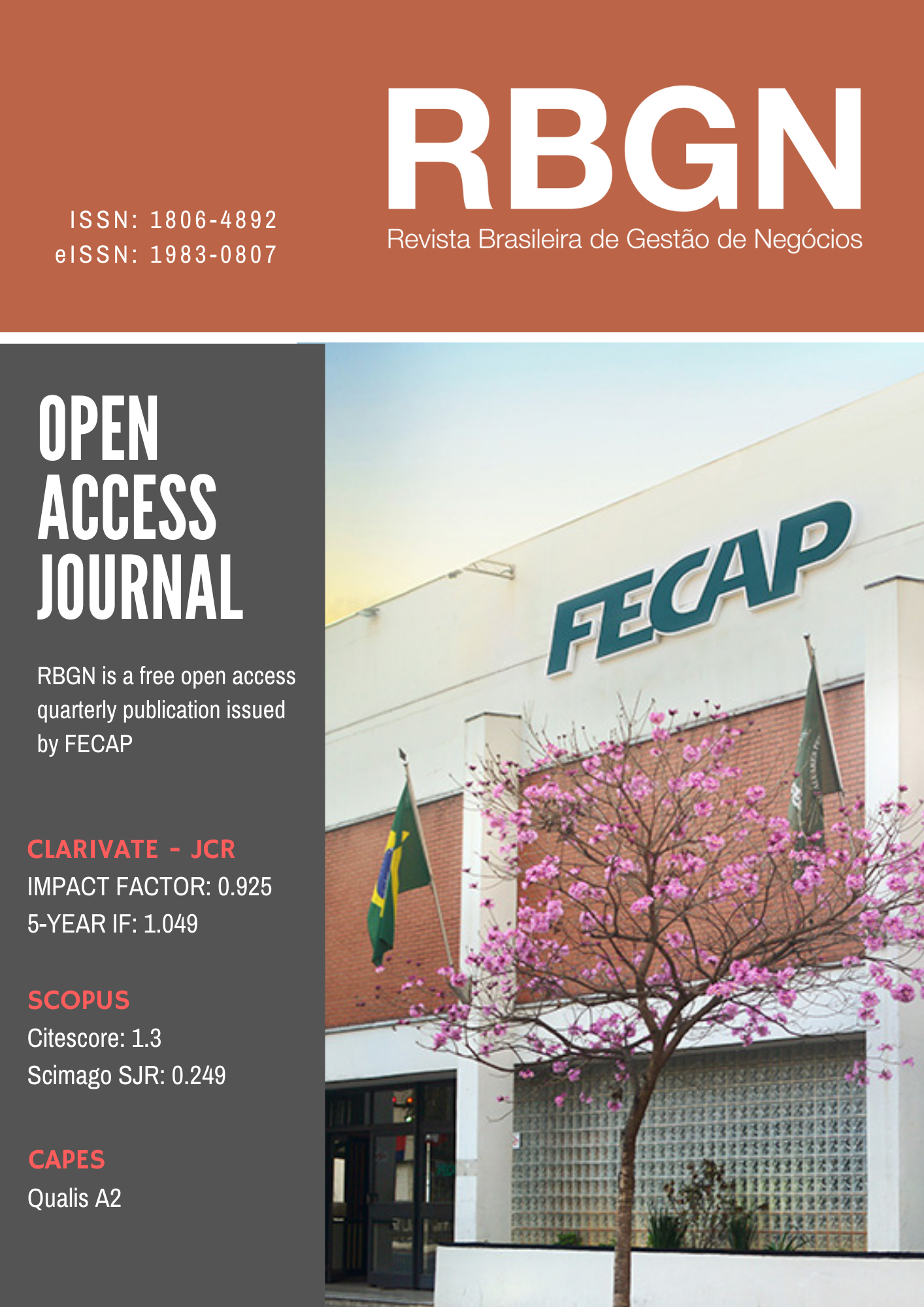Resumen
Purpose – The motivation to study the information asymmetry in the real estate market comes from the fact that this market is far from being efficient and perfect, and buying a house is, for most families, the biggest deal of their lives. This paper aims to validate a scale that evaluates the information asymmetry in the Portuguese real estate market.
Theoretical framework – During the sales negotiation process, estate agents exhibit the positive aspects of the house, as well as its amenities and qualities, and camouflage the least positive aspects of the deal. Finding both the positive and the negative aspects is crucial.
Design/methodology/approach – To collect the sample, an instrument based on a questionnaire survey was used, which analyses the information asymmetry in the real estate market and the sociodemographic profile of estate agents in Portugal. The sample is composed of 350 commercial delegates from the three biggest real estate mediation companies in the Portuguese market.
Findings – The results show that the scale for the information asymmetry in the Portuguese real estate market is composed of six factors, which present adequate levels of validity and reliability: negative externalities, possibilities of making a deal, housing quality, service areas, proximity to businesses, and positive externalities.
Practical & social implications of research – This study is expected to contribute to improving the scientific knowledge on the real estate market, and to enhancing the information transmitted by estate agents to their future clients.
Originality/value – In Portugal, there is no study with such depth about this topic of research. The validation of the information asymmetry scale in the Portuguese real estate market represents a breakthrough in the knowledge in this area.
Keywords – information asymmetry, real estate market, housing demand, housing location, real estate externalities.
Una vez aprobada la publicación del artículo, el/los autor/es cede/n los derechos de copyright a la Revista Brasileira de Gestão de Negócios – RBGN.
Es OBLIGATORIO que los autores envíen a la RBGN el formulario de Cesión de Derechos de Autor debidamente cumplimentado y firmado según el modelo: [Derechos de autor]
Las condiciones de la Cesión de Derechos de Autor indican que la Revista Brasileira de Gestão de Negócios – RBGN goza a título gratuito y en carácter definitivo de los derechos de autor patrimoniales de los artículos publicados por ella. A pesar de la Cesión de los Derechos de Autor, la RBGN faculta a los autores al uso de estos derechos sin restricciones.
Los autores se responsabilizan de los textos publicados en la RBGN.
La RBGN adopta el modelo de licencia CC-BY Creative Commons Attribution 4.0, permitiendo la redistribución y reutilización de los artículos garantizando que la autoría esté debidamente acreditada.


